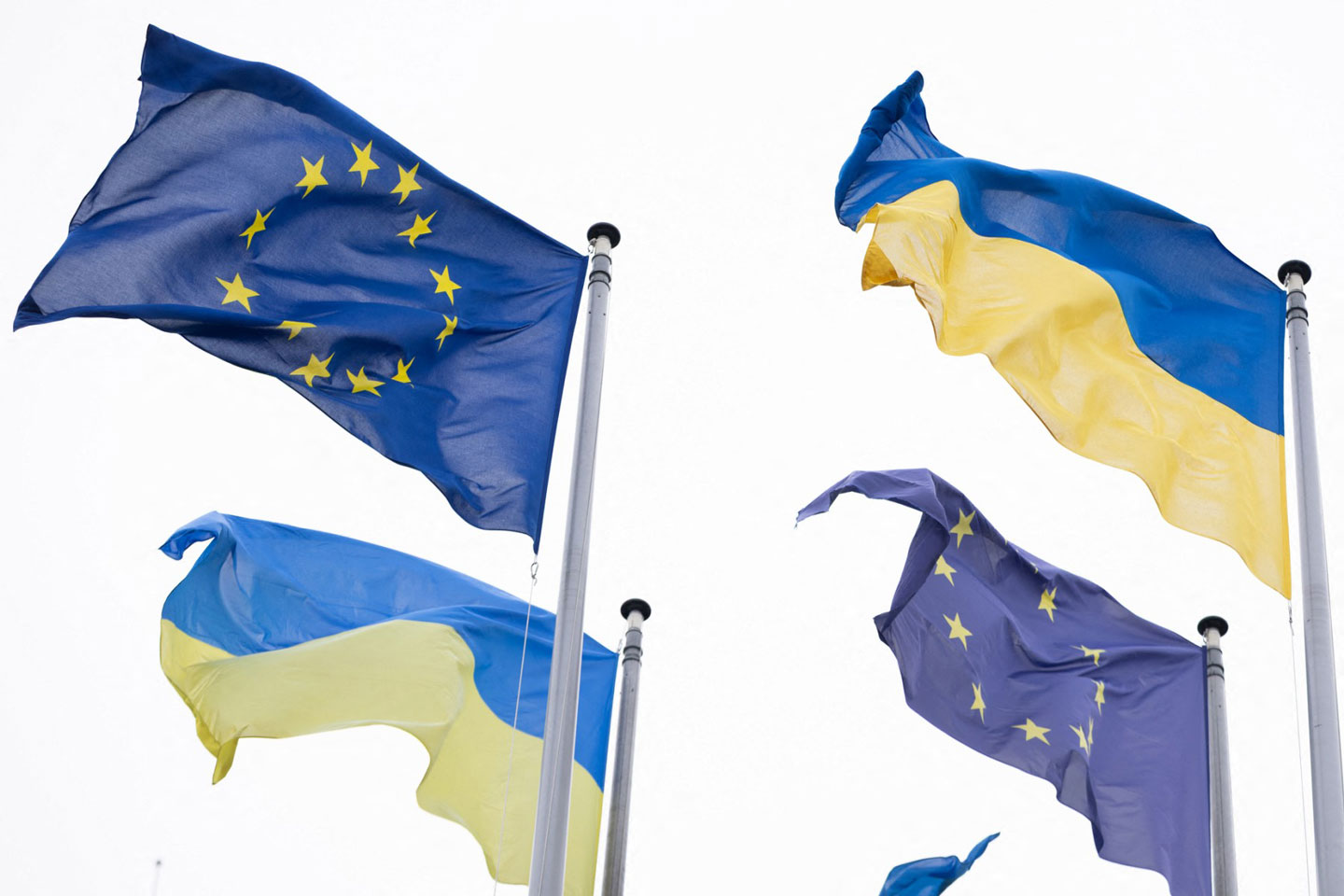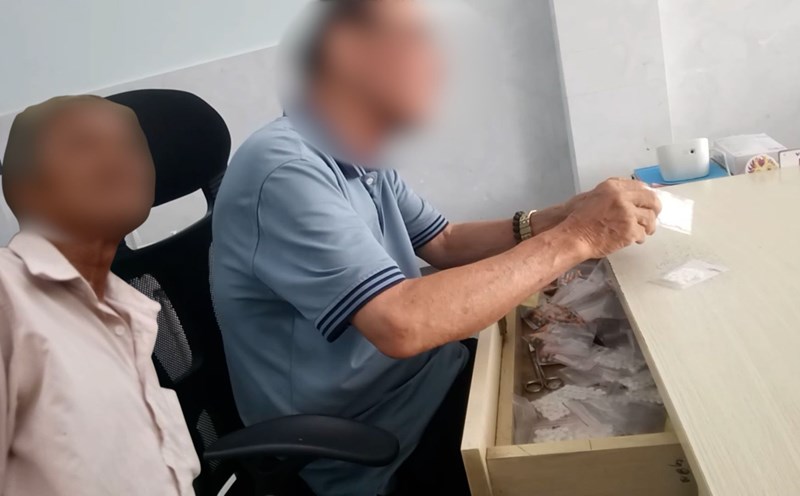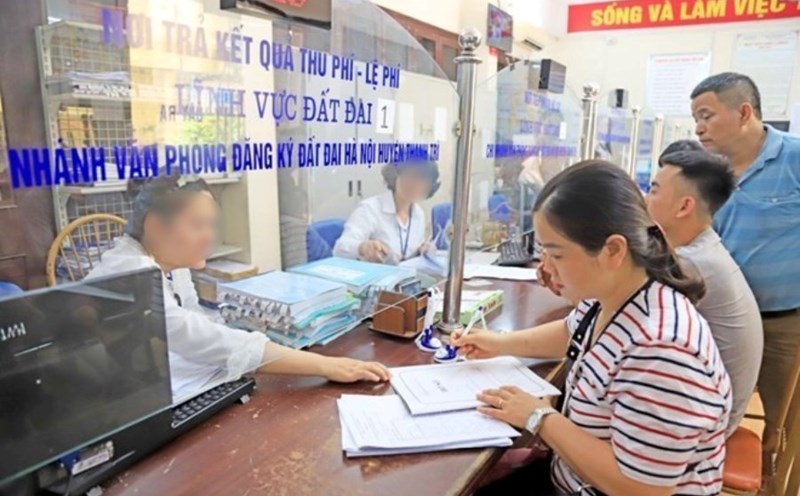Several European countries are said to be ready to borrow tens of billions of euros under the Security Assistance for Europe (SAFE) program, in order to purchase more weapons to strengthen defense, and will partly transfer to Ukraine.
SAFE has a budget of 150 billion euros, proposed by the European Union (EU) since March as part of a larger plan called ReArm Europe ( rearming Europe). The goal of the plan is to boost Europe's defence industry and reduce decades of military dependence on the United States.
The program has initially attracted more than 20 European countries and, according to EU Defense Minister Andrius Kubilius, they could demand up to 100 billion euros under the plan. It is noteworthy that countries can ensure lower prices than self-purchasing, by jointly purchasing weapons through a common plan.
Up to now, EU defense spokesman Thomas Regnier said that the countries that have officially expressed interest in the above loan terms include Belgium, Bulgaria, Cyprus, the Czech Republic, Estonia, Spain, Finland, and Lithuania.

France - a country that has long supported the EU's increased defense spending - is also likely to accept these loans, despite domestic budget constraints.
Even for countries that refuse to borrow, the SAFE program still benefits them as they can reduce the cost of transporting weapons if they participate in joint purchases using their own money.
In an effort to call on its allies to continue supporting Ukraine, European Defense Minister Kubilius said earlier this month: "We would like to consider including Ukraine in our plan. Shopping for Ukraine, along with Ukraine, in Ukraine, can make a difference to our collective security."
Accordingly, in addition to purchasing weapons from other sources to provide aid to Ukraine, countries planning to participate in SAFE are also exploring the possibility of purchasing weapons directly from Ukrainian companies.
The move comes as European countries face growing pressure to increase their own arsenals and increase military aid to Ukraine, especially after US President Donald Trump showed signs of unwillingness to continue funding Kiev's defense efforts.











